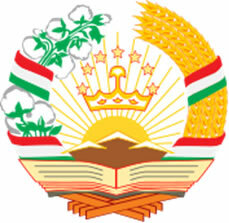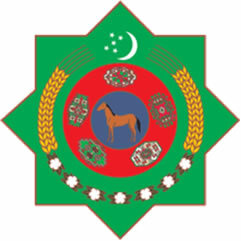In the course of the 20th century, three great leadership projects for globalization were at odds with each other: the communist; that of the nazi-fascist counter-revolution and the liberal-capitalist project.
At first, there was an alliance between liberalism and communism (in 1941-45) for self-defense and then, the destruction of Nazi-fascism. In a second moment, the US and the USSR fell out, generating the cold war, where US liberalism rivaled the Soviet communism in an ideological world war and an arms and technological competition that almost led humanity to a catastrophe.
With the policy of glasnost, the cold war ended and the United States proclaimed itself the victor. The symbolic moment of this was the fall of the Berlin Wall in November 1989, accompanied by the withdrawal of Soviet troops from reunified Germany and followed by the dissolution of the USSR in 1991. Communist China, in turn, which since the 1970s had adopted the reforms aimed at its modernization, opened up in several special zones for the establishment of multinational industries. Since then, only the capitalist world-economy has remained hegemony in the modern world system, with no other barrier to globalization.
Do not stop now... There's more after the advertising ;)
In this way we arrive at the present situation where only one world superpower has survived: the United States. It is the only one that has operational conditions to carry out military interventions in any corner of the planet (Kuwait-91, Haiti-94, Somalia-96, Bosnia-97, etc.). While the second phase of globalization lived in the sphere of the pound sterling, now it is the era of the dollar, while the English language has become the universal language par excellence. It can even be said that recent globalization is nothing more than the Americanization of the world.
Globalization - General geography
geography - Brazil School
Would you like to reference this text in a school or academic work? Look:
SCHOOL, Team Brazil. "Recent Globalization"; Brazil School. Available in: https://brasilescola.uol.com.br/geografia/globa-recente.htm. Accessed on June 27, 2021.


